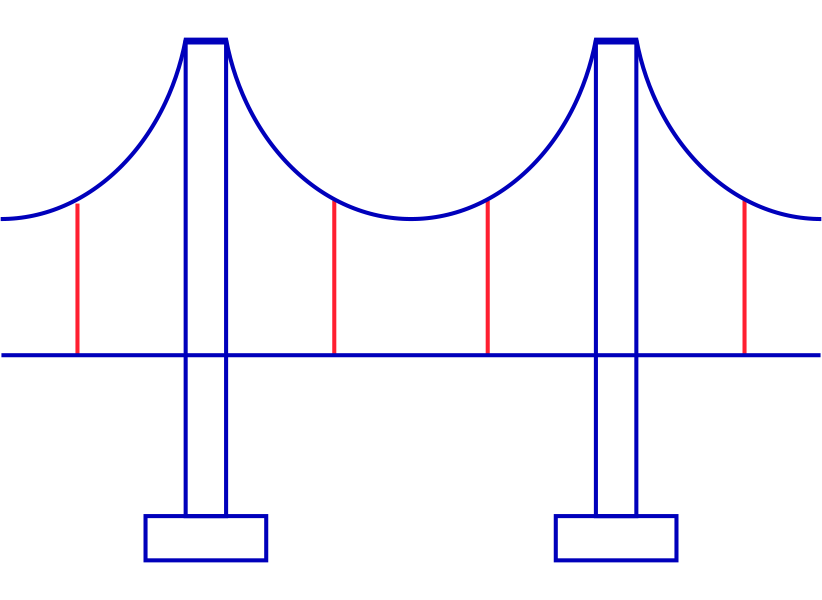Technicité
& Habileté
Nous sommes un cabinet d’avocats d’affaires agile et en mouvement, qui traverse le temps en innovant et en s’accommodant aux besoins évolutifs de nos clients.
Nous avons le goût des choses bien faites, avec technicité, créativité et méthode.
Nous cherchons à mettre à profit nos expertises avec dextérité et à améliorer chaque jour l’expérience de nos clients.
Nos réponses sont pragmatiques et ajustées.
C'est cela le savoir-faire Bignon Lebray.

* Les vélocipèdes à pédales ont été inventés par Pierre Michaux, artisan français, qui ajouta une manivelle à la roue avant, inventant ainsi la pédale.
Simplicité
& Proximité
Nous partageons le goût de ce qui est simple et authentique, de l’humain et de la bienveillance, de tout ce qui nous rapproche de nos clients et de leurs régions.
Nous nous sentons aussi bien parisiens que provinciaux, français qu’internationaux.
Chez Bignon Lebray, chaque expérience humaine est unique, mais toujours enrichie de la précédente.
C'est cela le savoir-faire Bignon Lebray.

* Le bouledogue français est un chien extrêmement affectueux avec son propriétaire. Tout en étant téméraire, il a un caractère joyeux et sympathique.
Conviction
& Engagement
Nous pratiquons notre métier avec engagement et détermination. Chez Bignon Lebray nous savons prendre position et ferons toujours primer l’intérêt supérieur de nos clients, sans ego, sans juridisme.
Nos convictions sont exprimées avec fermeté et intégrité, mais toujours avec ouverture d’esprit et respect.
Plus que jamais nous attachons une importance majeure à la dimension sociétale et environnementale de nos actions.
C’est sur ce socle que nous continuerons à construire.
C'est cela le savoir-faire Bignon Lebray.

* Vers l’an 1224 le poète français Henri d’Andeli propose dans son poème « Dit des vins de France » la première classification connue des vignobles en fonction de la qualité de leur production.
Nos savoir-faire
Les actualités
Publications
09/05/2025

Spoofing, phishing, quishing : des arnaques faisant de nombreuses victimes
Publications
09/05/2025

DAF MAG : « Restructurer sa dette financière dans un cadre amiable » par Pierre-Emmanuel Scherrer
Distinctions
07/05/2025

Bignon Lebray reconnu parmi les meilleurs cabinets d’avocats dans le classement 2025 Le Point
Événements
06/05/2025

40ème Conférence de l’IBA sur le droit financier international – Du mercredi 07 au vendredi 09 mai 2025
Publications
30/04/2025
.png)
Eco 121 « La conciliation, outil de protection du dirigeant face aux difficultés de son entreprise » par Philippe Larivière
Événements
28/04/2025

EGALIM - Quel terrain d'atterrissage ? - Le mercredi 30 avril 2025
Publications
25/04/2025

VEFA : Précisions sur les délais d'action en garantie des vices apparents
Opérations
22/04/2025

Bignon Lebray accompagne l’actionnariat de SCELL-IT dans le cadre de la cession des activités France du groupe SCELL-IT à Briconord
Publications
18/04/2025

Le Moniteur « Marchés publics - Imprévision : quelle indemnisation pour le constructeur et comment l'obtenir ? » par Sébastien Pinot et Martin Charron
Événements
18/04/2025


























